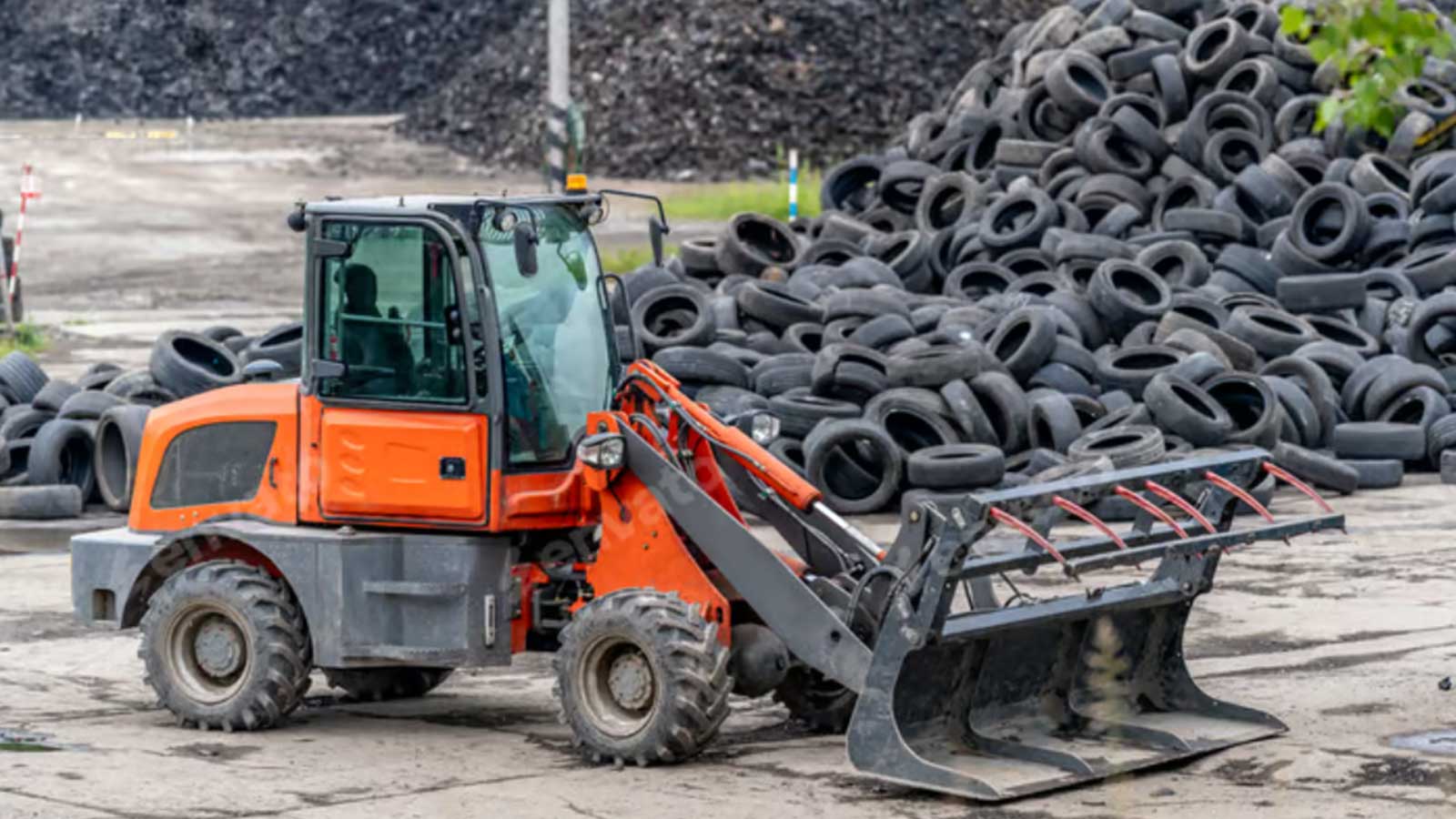Understanding the Circular Economy
At its core, a circular economy is a regenerative system that prioritises resource efficiency, waste minimisation, and the continuous use of materials. Unlike the traditional linear economy, which follows a ‘take-make-dispose’ model, a circular economy focuses on closing the loop. It aims to design out waste, keep products and materials in use, and regenerate natural systems. This paradigm shift is essential for regions like the Pacific Islands, where limited landmass and resources necessitate sustainable practices.
Addressing misgivings and criticisms
Despite its promising framework, the circular economy concept faces several criticisms and misgivings. Some sceptics argue that the transition from a linear to a circular model is too costly and complex, especially for developing regions. Others believe that the circular economy may inadvertently lead to economic slowdowns due to reduced production and consumption.
However, these concerns often stem from a misunderstanding of the circular economy’s potential. The initial investment required for setting up circular systems can indeed be significant, but the long-term benefits far outweigh the costs. By reducing dependence on imported goods, fostering local innovation, and creating new job opportunities, the circular economy can drive sustainable economic growth. Additionally, circular practices can enhance resilience against external shocks, such as supply chain disruptions and environmental crises.
Grassroots Circular Economy Projects
To illustrate the transformative potential of the circular economy, let’s explore some grassroots projects that Pacific Island communities can adopt:
Community Composting Initiatives: Organic waste is a significant component of household waste in the Pacific Islands. Community composting initiatives can turn kitchen scraps and garden waste into valuable compost, enriching the soil for local agriculture. In Samoa, for example, the Organic Agriculture Movement has successfully promoted composting practices among local farmers, enhancing soil fertility and reducing reliance on chemical fertilisers.
Plastic Waste Recycling Programmes: Plastic pollution is a pressing issue for many Pacific Island nations. Grassroots recycling programs can help mitigate this problem. The Pacific Plastic Recyclers in Fiji, a community-based organisation, collects and recycles plastic waste, turning it into useful products like construction materials and crafts. Such initiatives not only address waste management but also create livelihood opportunities for local communities.
Repair and Reuse Workshops: Encouraging the repair and reuse of goods can significantly reduce waste. Community workshops that teach repair skills for electronics, clothing, and household items can extend the lifespan of products and reduce the need for new purchases. In Vanuatu, the Wan Smolbag Theatre runs workshops that equip locals with skills to repair everyday items, fostering a culture of sustainability.
Local Food Production and Preservation
Promoting local food production and preservation methods can enhance food security and reduce dependency on imported goods. Initiatives like backyard gardening and traditional food preservation techniques can empower communities to be more self-sufficient. The Solomon Islands’ Kastom Gaden Association supports community gardens and promotes traditional agroforestry practices, ensuring food sovereignty and biodiversity conservation.
How can the Private Sector Invest?
For the circular economy to flourish, private sector investment is crucial. Businesses can play a pivotal role by supporting circular entrepreneurship ideas and integrating sustainable practices into their operations. Investment in circular economy projects can lead to the development of new markets, innovative products, and competitive advantages.
Funding Circular Startups
Private investors can support start-ups that focus on circular economy principles. For instance, a start-up that designs biodegradable packaging from local materials can receive seed funding to scale its operations. Such investments can stimulate innovation and create job opportunities in the region.
In Kenya, for example, the company Gjenge Makers produces sustainable building materials from recycled plastic waste. Founded by Nzambi Matee, the company has transformed plastic waste into durable bricks, addressing both waste management and housing challenges. This successful model demonstrates the potential for similar ventures in the Pacific Islands, where plastic waste is abundant and construction needs are growing.
Corporate Responsibility Initiatives
Companies operating in the Pacific Islands can incorporate circular economy practices into their corporate responsibility initiatives. This could involve setting up recycling programs, supporting community composting projects, or investing in renewable energy solutions. By doing so, businesses not only contribute to sustainability but also enhance their corporate reputation.
Unilever, a multinational corporation, has made significant strides in embracing the circular economy. In Indonesia, Unilever’s waste bank program encourages communities to collect and recycle plastic waste in exchange for goods and services. This initiative has not only reduced plastic pollution but also provided economic benefits to participating communities. Similar programs could be replicated in the Pacific Islands, where waste management is a critical issue.
Public-Private Partnerships
Collaboration between the public and private sectors can amplify the impact of circular economy projects. Public-private partnerships can mobilize resources, share expertise, and implement large-scale initiatives that benefit both the environment and the economy. For example, a partnership between a government agency and a private company could establish a regional recycling facility, creating jobs and reducing waste.
In the Philippines, the collaboration between Coca-Cola and the local government resulted in the establishment of a PETValue recycling facility. This plant processes polyethylene terephthalate (PET) plastic bottles into new products, significantly reducing plastic waste and creating employment opportunities. This model highlights the potential for similar initiatives in the Pacific Islands, where public-private partnerships can drive sustainable development.
Championing the Cause
The circular economy offers a pathway to sustainable development for the Pacific Islands. By addressing misgivings, showcasing successful grassroots projects, and encouraging private sector investment, we can champion the cause of circular economy. Embracing this model not only preserves the unique natural beauty of the Pacific Islands but also paves the way for resilient, self-sufficient communities.
The circular economy is not just a theoretical concept but a practical solution that can transform the Pacific Islands. Through community-driven initiatives and strategic investments, we can create a sustainable future that honours the past and secures prosperity for generations to come. By leveraging the power of the private sector and fostering public-private partnerships, the Pacific Islands can lead the way in demonstrating the immense potential of the circular economy in addressing global sustainability challenges.



